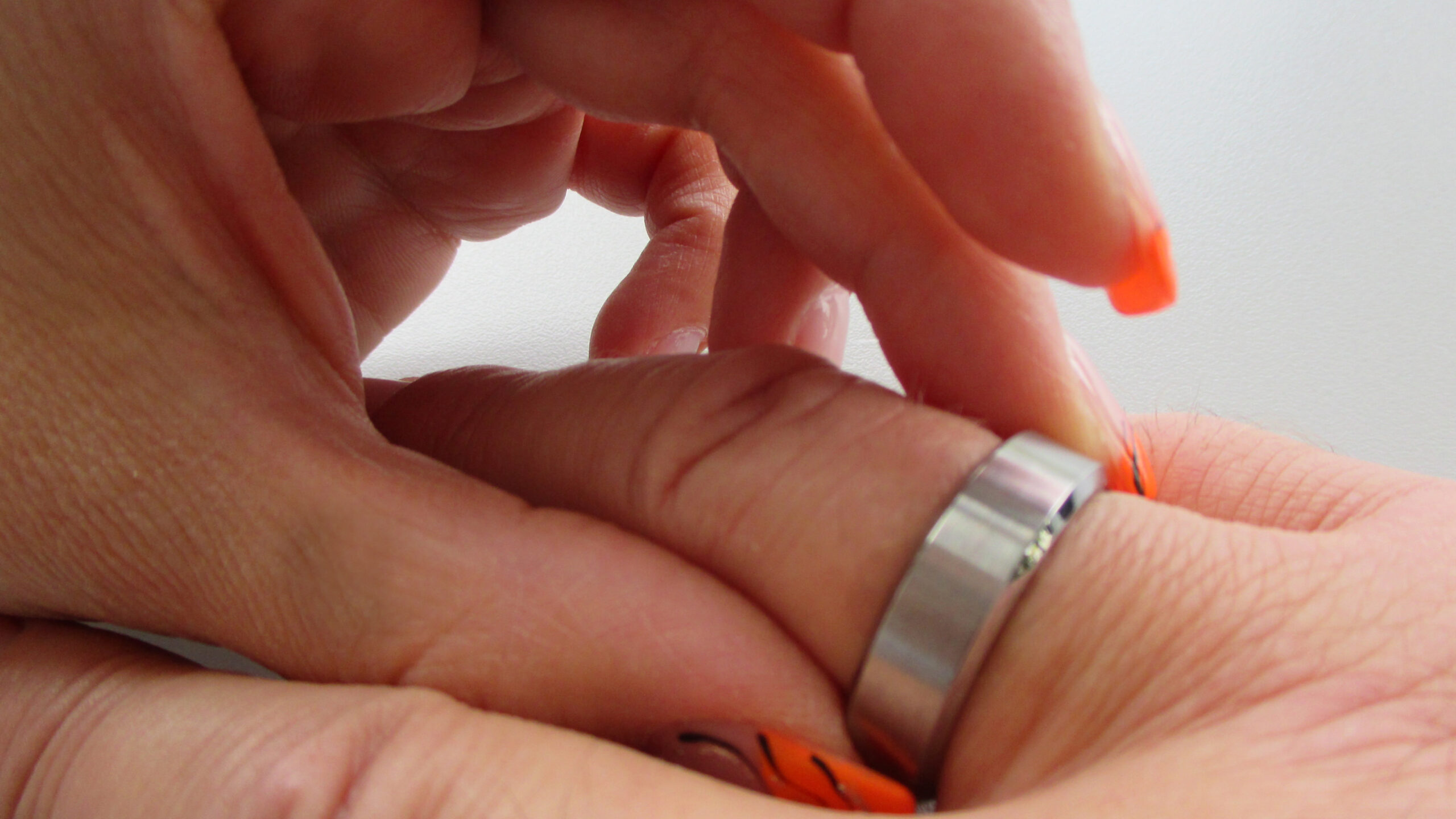
Oura CEO Tom Hale pushed back against claims that the company shared health data with the U.S. government or Palantir, a data-mining firm tied to defense and law enforcement agencies. Speaking at the Fortune Brainstorm Tech conference on Monday, Hale said the viral reports that triggered backlash were based on misinformation.
Addressing Privacy Concerns
Oura rings track metrics such as heart rate, body temperature, sleep, activity, and menstrual cycles. Hale stressed that none of this data is shared without explicit user consent. He clarified that the Department of Defense program Oura is involved in runs on a secure enterprise solution, separate from user accounts.
“For the record, we will never share your data with anyone unless you direct us to do it. We will never sell your data to anyone ever,” Hale said, adding that the backlash had been “simply not true” and was beginning to settle.
Reports suggesting Oura had a “partnership” with Palantir were also overblown, Hale said. He explained that Oura acquired a company with a SaaS contract involving Palantir for compliance with DoD certification standards (Impact Level 5). He emphasized that this was a commercial arrangement, not a data-sharing deal, and that Palantir has no access to user data.
“It’s a component of their solution. The systems are not connected. There’s no way Palantir has access to your data. Totally overblown,” Hale stated.
Commitment to User Privacy
Hale noted that Oura’s terms of service explicitly oppose surveillance or prosecution uses of user data. Even when users authorize Oura to review data for technical support, only minimal and specific information is accessible to staff.
“We don’t look at people’s data … you can’t do that,” Hale said, though he admitted that the data is not end-to-end encrypted, only protected in transit through TLS 1.2.
Hale also highlighted growth opportunities, particularly in Asia and India, where demand for smaller and cheaper wearables is rising. Oura’s rings are doubling in sales year over year, and the company is exploring preventive health applications such as early illness detection.
The company is working with Medicare Advantage to provide rings to patients and hinted at future expansions in wearable technology, suggesting that users may eventually adopt a “cloud of wearables” tailored for different health metrics.
What The Author Thinks
While Hale’s clarifications may calm some concerns, Oura’s crisis shows how fragile consumer trust is when it comes to health data. Even if the company is technically correct that no data was shared, the fact that it took a viral backlash to force such transparency reflects a reactive, rather than proactive, approach to communication. In today’s climate, wearables companies must clearly explain how data is handled before controversies spiral — waiting until after trust is damaged is too late.
Featured image credit: Heute
For more stories like it, click the +Follow button at the top of this page to follow us.
